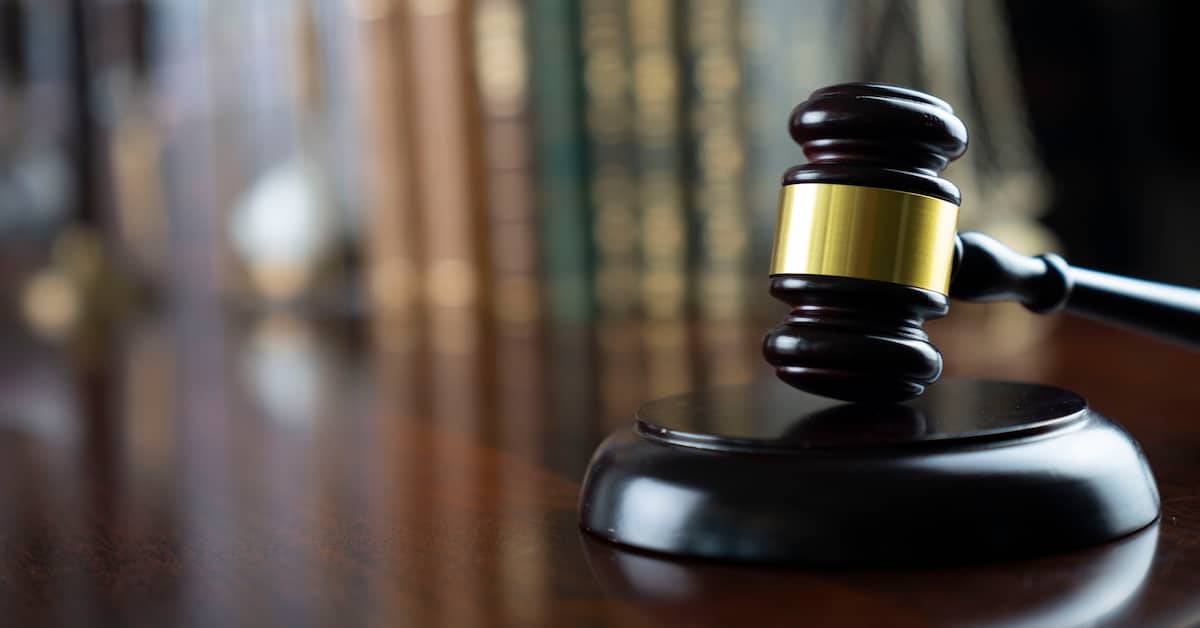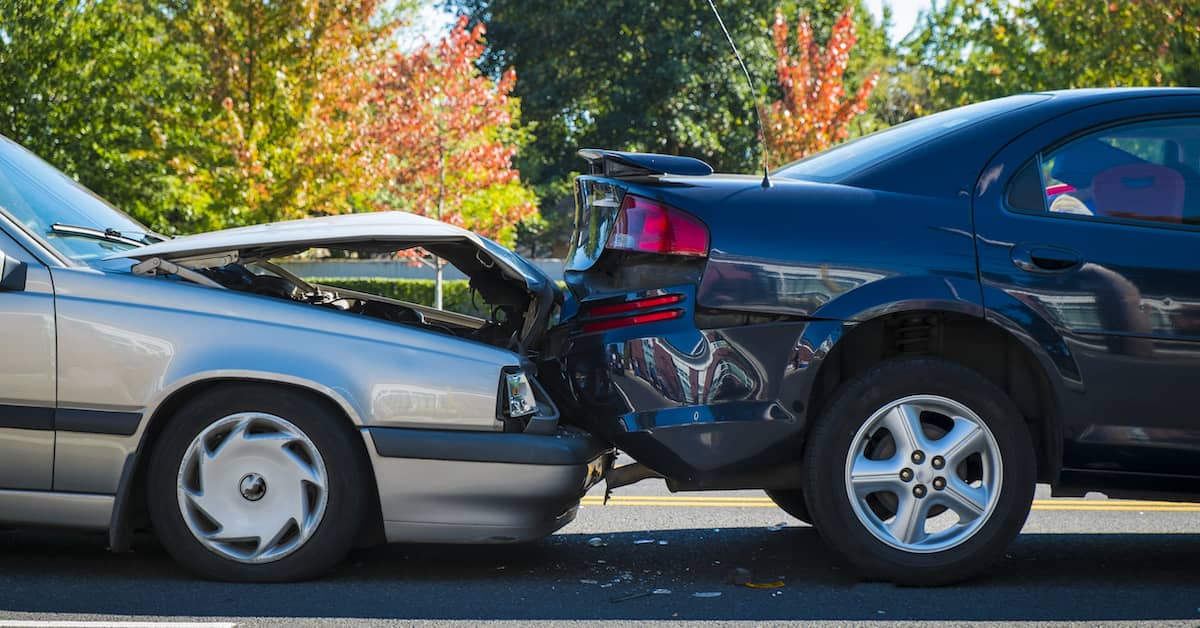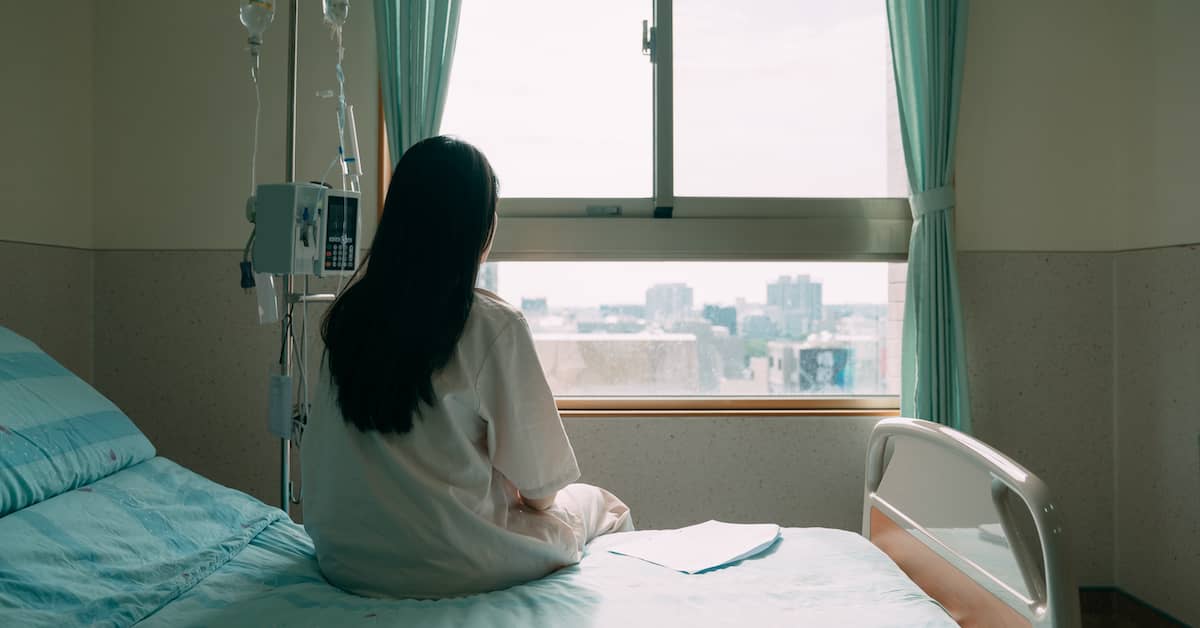What Is the Premises Liability Law in Florida?
A premises liability lawyer has a significant amount of knowledge in the area of law that deals with the responsibility of property owners towards those who enter their premises. This law governs a broad range of incidents, from slip and fall cases to more complex issues like inadequate security. A thorough understanding of the premises liability law in Florida can be instrumental in handling such situations effectively.
If you find yourself injured on someone else’s property and suspect their negligence is responsible for your injuries, call an experienced Orlando premises liability lawyer at (407) 712-7300 for a FREE consultation. Colling Gilbert Wright takes pride in pursuing just and fair compensation for our clients in Orlando and throughout Florida.
Overview of Premises Liability Law in Florida
Premises liability law is based on the fundamental principle that property and business owners have a duty to ensure the property they control is safe for others. If someone is injured on their property due to an unsafe condition that the owner knew or should have known about, the owner could be liable for their injuries.
Categories of Visitors
When lawfully entering a property, we have the right to expect a certain degree of safety and protection. In Florida, the extent of the duty that property owners owe to visitors depends on the visitor’s classification. Florida law recognizes three categories of visitors:
Invitees
An invitee is an individual who is invited onto the property for the property owner’s benefit, like customers in a store. Property owners owe the highest duty of care to these visitors. They must conduct regular inspections of the property, looking for dangers and either fixing them or warning invitees about them.
Licensees
These are social guests or others who enter the property for their own purposes, like friends or neighbors. Property owners must warn licensees of known dangers but do not have a duty to regularly inspect the property.
Trespassers
These are people who enter the property without permission. Typically, property owners don’t owe a duty of care to adult trespassers except to not cause them intentional harm.
Proving a Premises Liability Claim
Premises liability claims are based on negligence. To successfully pursue a claim in Florida, the injured party and their premises liability lawyer generally must prove the following:
- The property owner owed a duty of care to the injured party.
- The property owner breached this duty by failing to maintain the property safely or warn of dangers.
- The breach caused the injured party’s injury.
- The injury resulted in damages (like medical expenses or lost wages).
Common Types of Premises Liability Cases
Slip & Falls
These are the most common type of premises liability claims. Slip and fall accidents occur when someone slips, trips, or falls because of a hazardous condition on someone else’s property. Florida Statutes § 768.0755 states that “the business establishment” must have “had actual or constructive knowledge of the dangerous condition” to be held liable.
Read More: How Can I Make a Claim If I Was Injured in a Public Place?
Inadequate Security
If a property owner or manager fails to provide secure access or adequate security in a building and a visitor is harmed as a result, the owner or manager may be held liable.
Dog Bites
Florida is a strict liability state when it comes to dog bites. According to § 767.01, a dog’s owner is liable for any injuries their dog causes, even if they were unaware of the dog’s history of aggressive behavior.
Swimming Pool Accidents
Property owners can be held liable for injuries that occur because they have failed to secure or supervise their swimming pools.
Other Types of Premises Liability Claims Can Include:
- Inadequate Maintenance
- Defective or Unsafe Conditions
- Improper Fire Protection
- Water Leaks or Flooding
- Toxic Fumes or Chemicals
- Falling Merchandise
- Amusement Park Ride Injuries
- Playground Injuries
- Trampoline Accidents
- Assaults & Attacks
- Construction Accidents
- Wrongful Death
- And More
Comparative Negligence in Florida Premises Liability Cases
Florida follows a comparative negligence system. According to § 768.81(2), if the injured party is partly at fault for their injury, they may still be able to collect compensation for their losses. Their damages will simply be reduced by their percentage of fault.
Statute of Limitations
A Florida premises liability claim, per § 95.11, generally must be filed within 4 years of the date of the accident. If the incident resulted in the death of a loved one, a wrongful death claim must be filed within 2 years.
Though 2 or 4 years may seem like plenty of time to file a claim, building a solid case for premises liability takes time. One of the most important contributions to your claim will be prompt and thorough evidence collection.
Should You Hire a Premises Liability Lawyer?
Premises liability law in Florida is an intricate field that encompasses numerous types of accidents. It is essential to consult with an experienced premises liability lawyer if you’ve been injured on someone else’s property to ensure your rights are protected and that you can effectively navigate the legal landscape in pursuit of the compensation you deserve.
Read More: What Types of Cases Do Premises Liability Lawyers Handle?
Contact Colling Gilbert Wright today to get a FREE consultation. We will establish if you have a premises liability claim, and if you do, we will guide you through the process as we pursue fair compensation for your losses.

 (407) 712-7300
(407) 712-7300
































